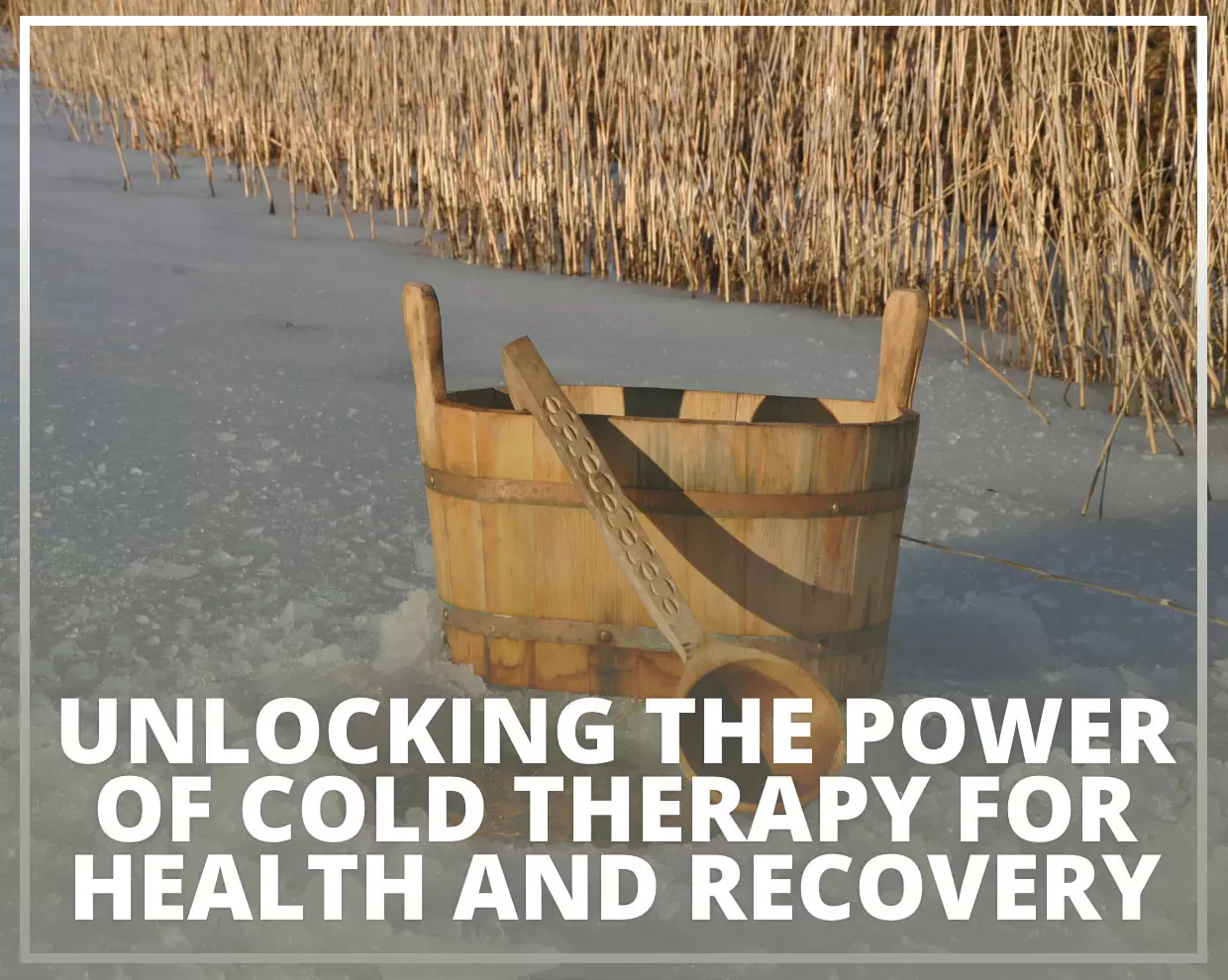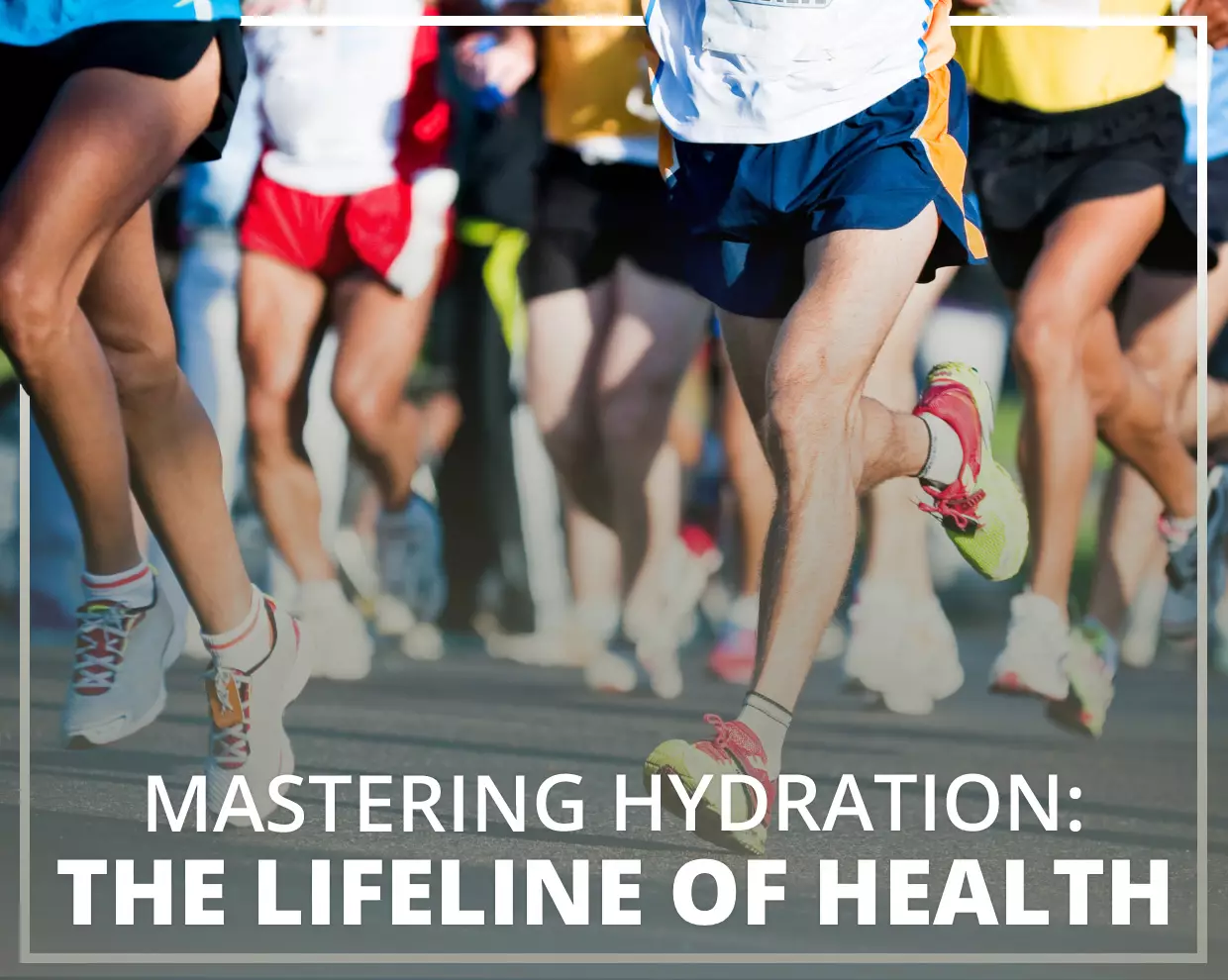Lesson Five: Optimise your sleep cycle and circadian rhythm
Our circadian rhythms are the internal clocks that help our body to “tell the time”. They also help our body to determine when different biological processes should be active and when they should rest.
Our circadian rhythm is controlled by a group of around 20,000 nerve cells (neurons) in the brain. These nerve cells make up the suprachiasmatic nucleus, or the SCN, which is the central force behind maintaining our internal body clock. Light enters our eyes through our retina and sends a message to the SCN clock to regulate our core body temperature. This in turn triggers different biological processes in our body to switch on or off, such as our:
- digestive system,
- hormone production,
- hunger levels,
- metabolism, and
- melatonin production — which determines our sleepiness.
Circadian rhythmicity is also observed for many circulating hormones in the body, as well as for circulating immune cells and cytokines.[1]
The power of our circadian clock
When our circadian clock is ticking along at a steady rhythm, we wake up when it starts to get light outside and get sleepy when darkness falls. We may feel hungry after we wake up (just how quickly our digestive system starts to wake up varies depending on the individual), and we might feel more alert in the mornings or just before lunchtime, depending on our own unique clock.
Our 24-hour period circadian clock is key to maintaining the natural rhythm of our biological functions and it anticipates environmental changes associated with daylight cycles.[2]
We can help support our circadian clock by living in sync with nature, such as rising with the morning sunlight, and going to sleep when night falls, which regulates the amount of light entering our SCN.
Going to sleep at a consistent time can also help entrain our body to wake up and get sleepy at certain times, which then benefits every other biological function in our body that relies on our sleep/wake cycle, such as our digestive system, pancreas, and liver.
The role of hormone melatonin
The hormone melatonin has two roles in the circadian rhythm, and strong melatonin production is also a mark of a healthy rhythm.[3] First, it entrains the circadian rhythm to align with the environmental cue of darkness.
Secondly, it promotes sleep onset by increasing the drive to sleep and slowing down the body’s biological processes, such as the digestive system and temperature.
We can therefore support our natural melatonin production by maintaining a normal sleep-wake cycle and reducing our exposure to unnatural blue light in the evening.
Importance of light
Light acts as a vital timekeeper of the biological system and has been found to dictate immune system modulation by the autonomic nervous system (ANS), which displays a diurnal (daytime) rhythmicity. Light therapy has been found to enhance fluctuations of melatonin in people with sleep disorders and even increase heart rate variability (HRV), which is connected with sleep quality and ANS dysfunction.[4]
The harsh blue light emitted from smartphones, TV’s and other electronic devices is particularly problematic because it contains a short wavelength that can suppress melatonin secretion, making it more difficult to fall asleep and get a good night’s rest. Blue blocking light glasses such as TrueDark® Daylights glasses are a great solution to help filter the overabundance of junk light from artificial light sources when you are indoors, working on computers, watching TV, or anywhere else where artificial light is impacting your performance.
How to maintain a healthy circadian rhythm
Find out the role that melatonin plays in regulating your sleep/wake cycle, plus five evidence-based ways you can achieve a healthy circadian rhythm. Read more here!

 UK Store
UK Store  NZ Store
NZ Store AU Store
AU Store EU Store
EU Store










